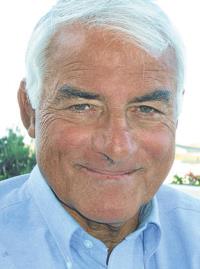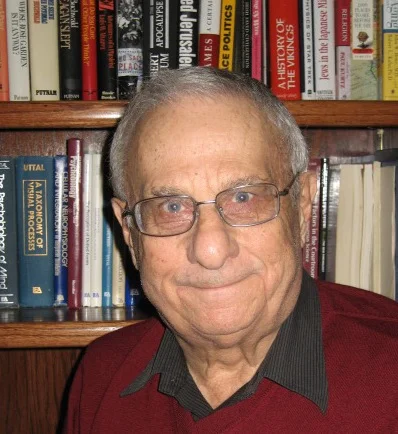Brain Plasticity with Michael Merzenich (BSP 105)
/If you have read anything about brain plasticity you have seen the name Michael Merzenich. Dr. Merzenich is one of the pioneers in this field, having spent over 30 years documenting that the human brain (and that of other mammals) continues to change throughout life. I interviewed Dr. Merzenich several years ago (BSP 54), but the publication of his first book Soft-Wired: How the New Science of Brain Plasticity Can Change Your Life gave us another opportunity to talk about how we can apply these discoveries in our daily lives.
According to Dr. Merzenich, "No matter how much you've struggled, no matter where you've been in your life, you're in charge of your life going forward. And you have the capacity; you have the resources to change things for the better—always have that capacity. And that's what the book is trying to emphasize. “ (BSP 105)
I found Soft-wired very compelling because it combines a clear explanation of the science with many stories about real people facing a wide variety of cognitive challenges. The overall tone of the book is very optimistic even though it also considers the way bad choices can contribute to cognitive decline.
How to get this episode:
Premium Subscribers now have unlimited access to all old episodes and transcripts.
New episodes of the Brain Science Podcast are always FREE. The 50 most recent episodes are also free. Just subscribe in your favorite podcasting app.
Related Episodes:
BSP 10: Introduction to Brain Plasticity.
BSP 17: Discussion of The Wisdom Paradox: How Your Mind Can Grow Stronger As Your Brain Grows Older by Elkhonon Goldberg.
BSP 28: Interview with Dr. Norman Doidge, author of The Brain That Changes Itself.
BSP 33: Interview with Dr. John Ratey, author of Spark: The Revolutionary New Science of Exercise and the Brain.
BSP 54: Interview with Dr. Michael Merzenich, author of Soft-wired.
BSP 87: Interview with Dr. Pam Greenwood, co-author of Nurturing the Older Brain and Mind.
Further Reading:
Soft-Wired: How the New Science of Brain Plasticity Can Change Your Life by Dr. Michael Merzenich PhD. References for this book can be found at http://www.soft-wired.com/ref/.
The Brain That Changes Itself: Stories of Personal Triumph from the Frontiers of Brain Science, by Norman Doidge.
Nurturing the Older Brain and Mind by Pamela M. Greenwood and Raja Parasuraman.
Spark: The Revolutionary New Science of Exercise and the Brain by John J. Ratey.
The Wisdom Paradox: How Your Mind Can Grow Stronger As Your Brain Grows Older by Elkhonon Goldberg.
Train Your Mind, Change Your Brain: How a New Science Reveals Our Extraordinary Potential to Transform Ourselves by Sharon Begley (featured in BSP 10).
































